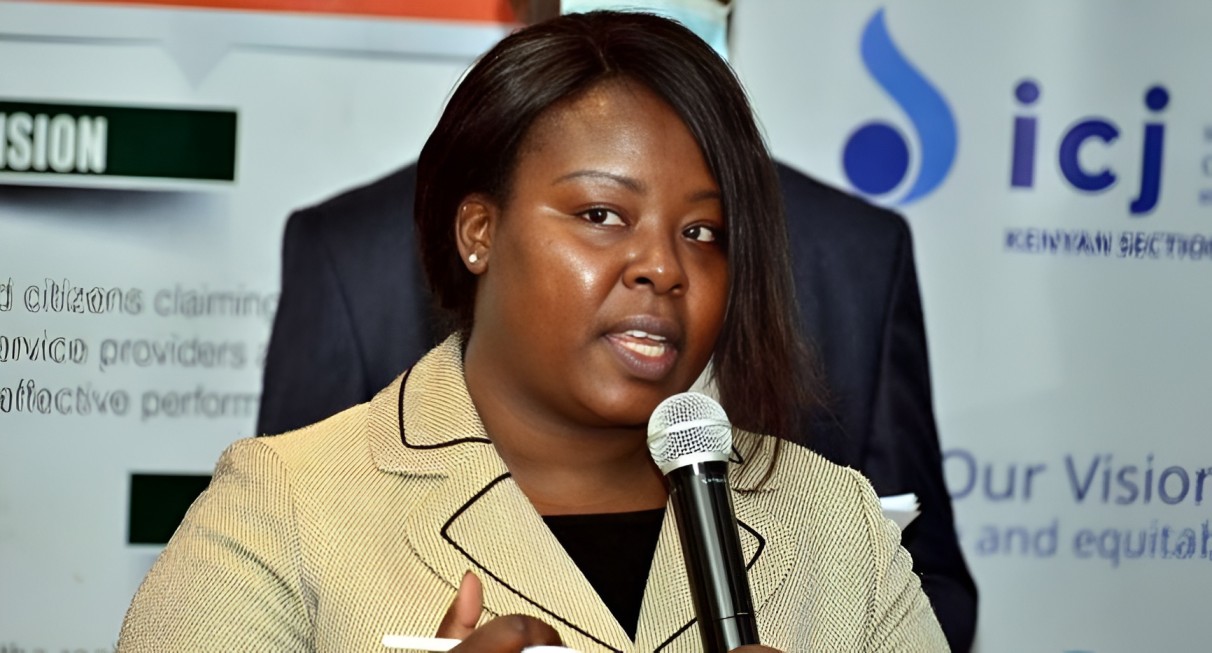Unfinished development projects have been identified as the greatest weakness of the devolved system of governance, according to the County Governance Status Report 2025 released by Transparency International.
The report paints a grim picture of project management in the counties, highlighting stalled works, bloated staffing levels, corruption, and skewed development as major failures since devolution began.
The survey shows that 29.8 per cent of respondents singled out incomplete or stalled projects as the top concern in county governance.
“When asked to identify key challenges or failures in the devolved governance, respondents highlighted five main issues. The most mentioned was the problem of incomplete or/ stalled projects cited by 29.8 per cent of participants,” the report says.
According to the findings, many counties launch a large number of projects but leave several unfinished. This trend has been linked to the failure by new county leadership to continue with or complete the projects initiated by their predecessors.
County officials, however, attributed the problem to delayed disbursement of funds by the National Treasury, as well as legal disputes in the procurement process.
The report shows that 22 per cent of those surveyed pointed to excessive staffing as another major problem.
“Slightly more than a fifth of the respondents (22%) identified excessive staffing as a significant failure. This could most likely imply that a large part of budgetary allocations is directed to staff costs rather than service delivery,” the report reads.
Corruption and poor management were also cited by 20.8 per cent of respondents as key barriers to the success of devolution.
At the same time, the study notes growing awareness among residents about county-level development efforts.
When asked whether they were aware of any county project in their area, 60.2 per cent said yes—an indication of increased public engagement and information access.
However, most residents lacked critical details about the projects.
A staggering 93.5 per cent admitted they did not know the cost of the projects happening in their locality.
Similarly, only 22.7 per cent of those who knew about local projects had any idea when they were expected to be completed. Almost 80 per cent had no clue about the timelines.
“The low levels of awareness on project costs undermines residents’ ability to provide civic oversight, as they lack the requisite information to hold the county or the contractors to account.
Furthermore, these widespread ignorance could also be an indication of lack of transparency in project implementation at the county level,” the report stated.
Despite these challenges, there were signs of progress. About 32.4 per cent of the respondents felt that improved service delivery was a key success of devolution, while 27.9 per cent said services were now closer to the people.
The findings align with the Auditor General’s report for the 2023–2024 financial year, which also flagged massive losses resulting from abandoned and poorly done projects in counties.
The report revealed that inflated costs, irregular procurement, and general mismanagement have cost the taxpayer billions.
Nearly every county was found to have stalled or poorly implemented projects. In some cases, new governors failed to continue the projects started by former administrations, worsening the situation.
In Machakos, for example, 54 projects valued at Sh1.13 billion had stalled.
In Kakamega, 10 projects that began in the 2014–2015 financial year remained incomplete, despite Sh3.14 billion already spent out of the Sh7.24 billion estimated value.
In Meru, two projects worth Sh36.88 million had stalled, while in Samburu, projects worth Sh206.53 million had not been completed.

